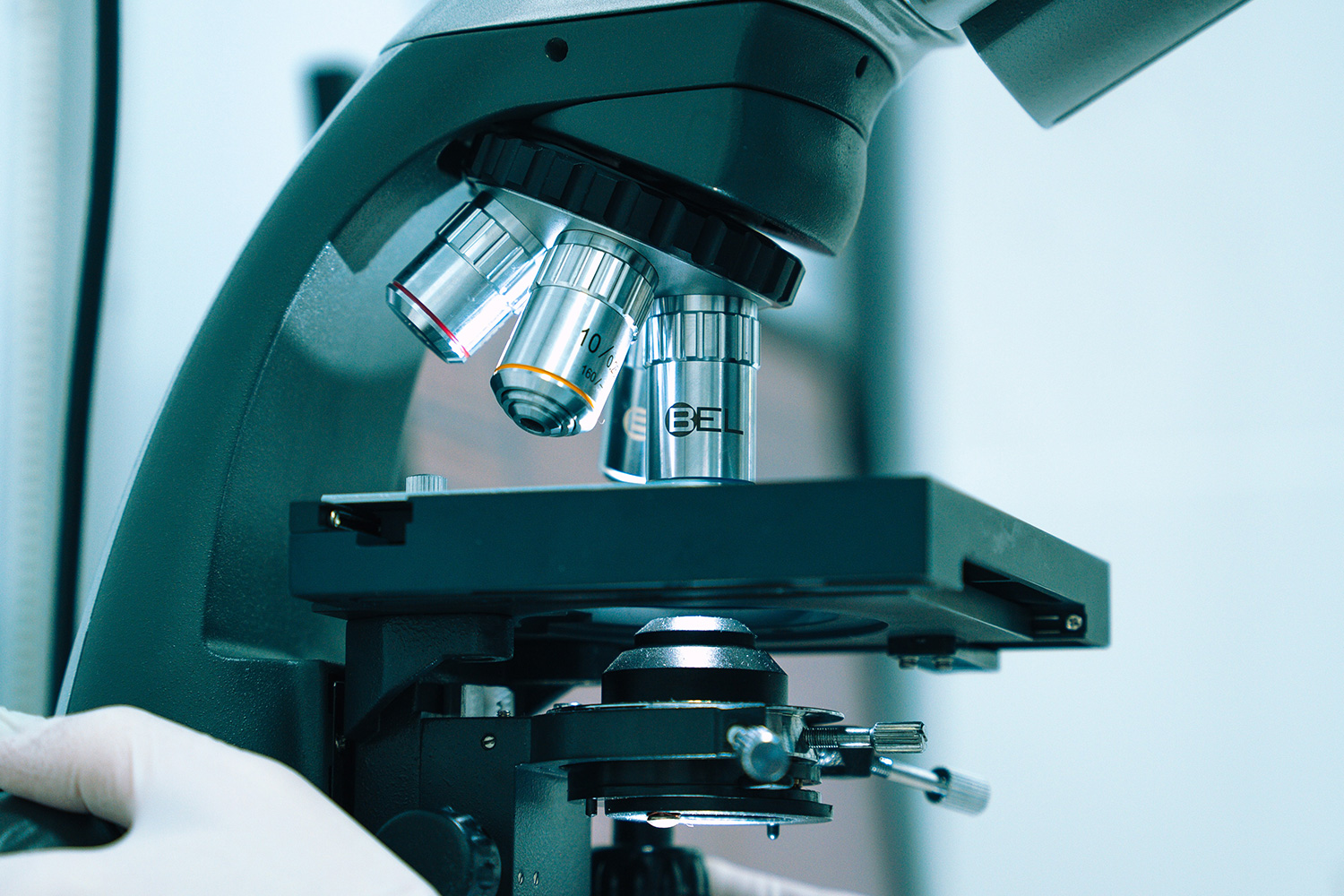Tau Consortium
PET Neuroimaging Biomarker
Positron emission tomography (PET) is a medical imaging technique that functions as a neuroimaging biomarker by using radioactive substances to visualize and quantify specific biological processes and produce detailed images of the body. PET scans can be used to detect the early stages of a disease before symptoms appear, to determine disease progression and help evaluate the effectiveness of a potential treatment.

PET scans are particularly valuable for detecting neurodegenerative disorders like tauopathies, which can cause changes in brain structure, metabolism, and function. In addition, PET imaging tools are crucial to the field of tauopathies as they allow clinicians to detect the presence, location, and quantity of abnormal tau build-up in the brains of patients.
The Tau Consortium invests in numerous PET imaging programs to discover new tracer compounds, or ligands, that improve sensitivity and selectivity for different tau isoforms. Our researchers are evaluating emerging tracers for first-in-human studies to assess their utility across tauopathies.

